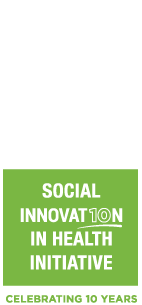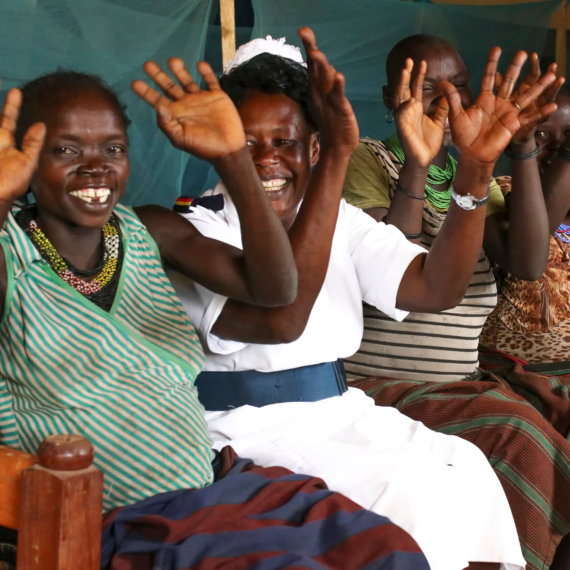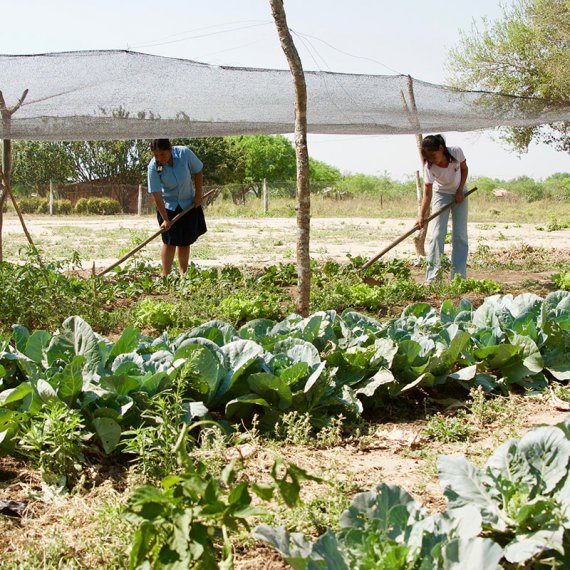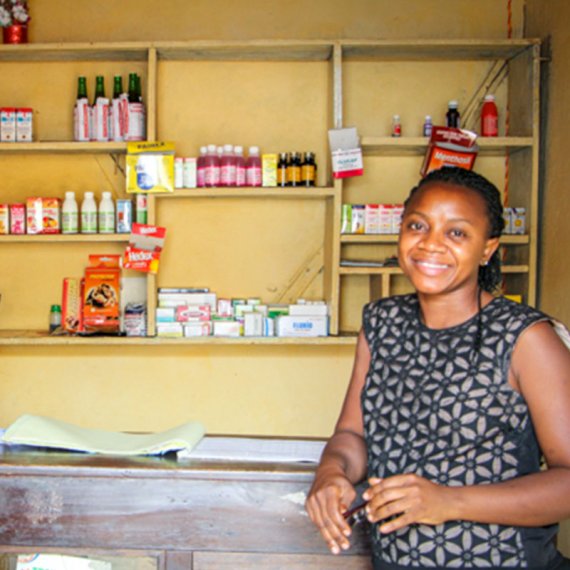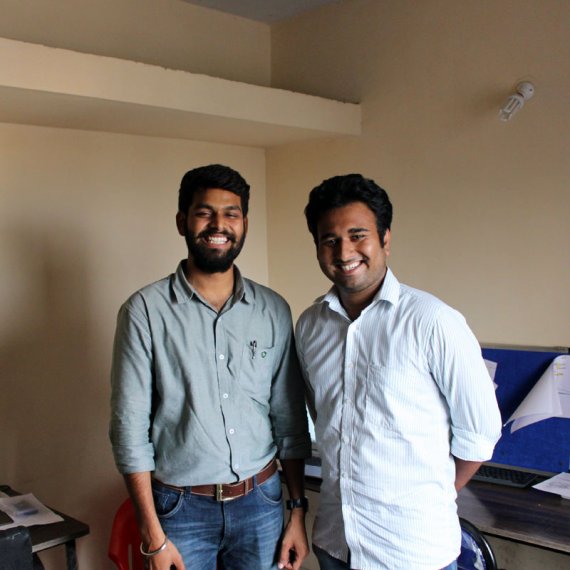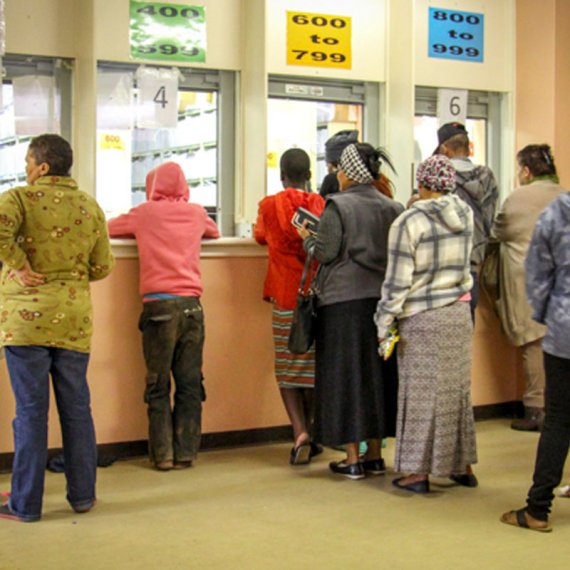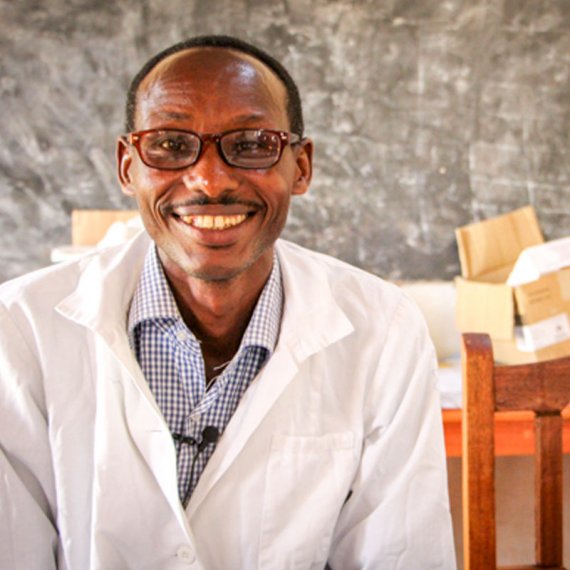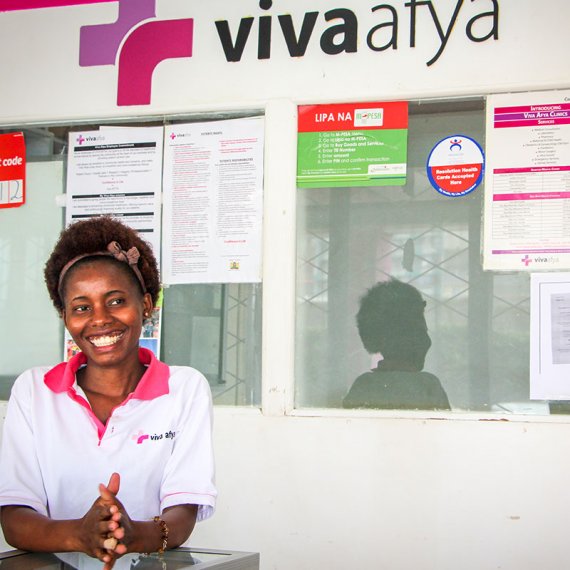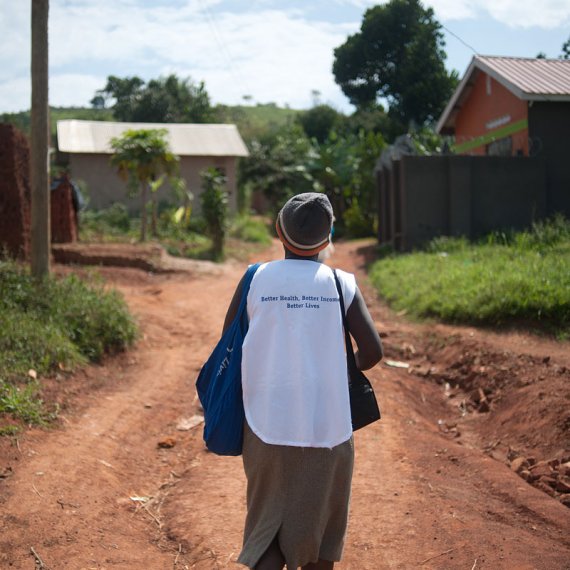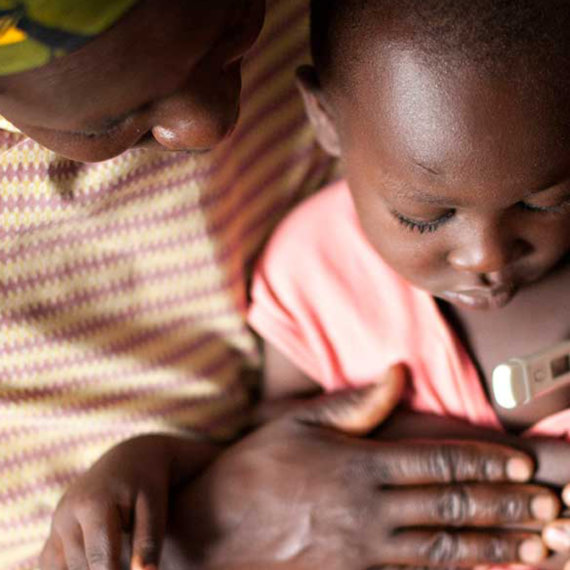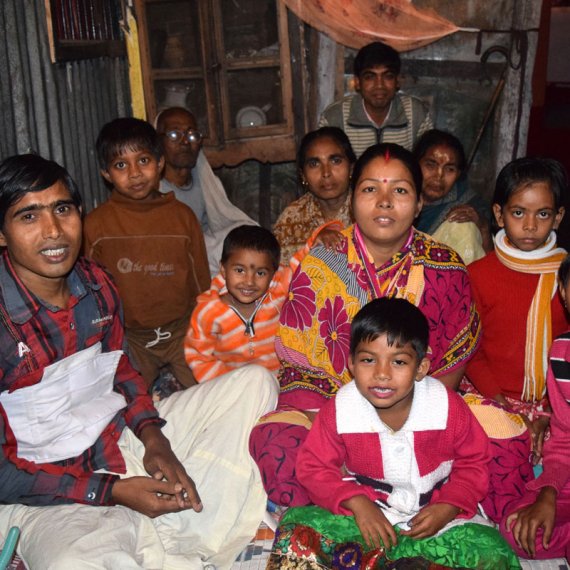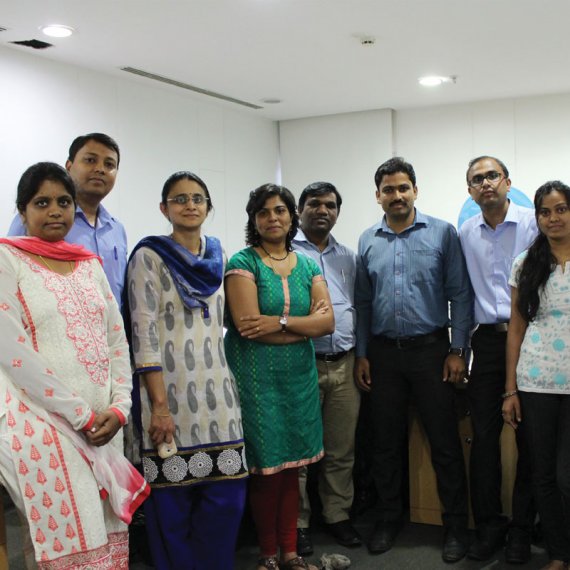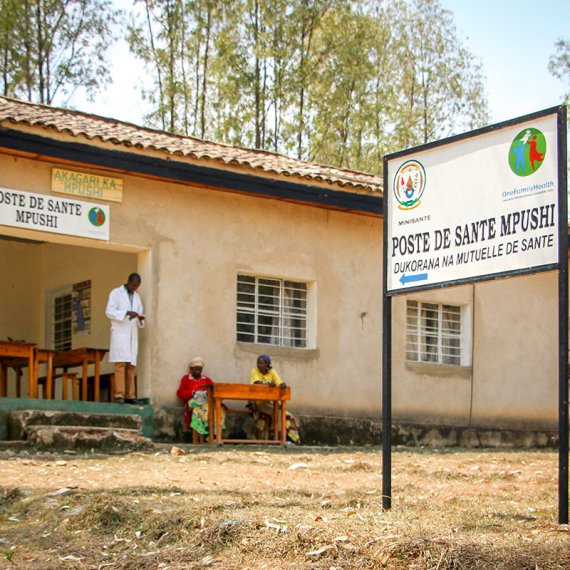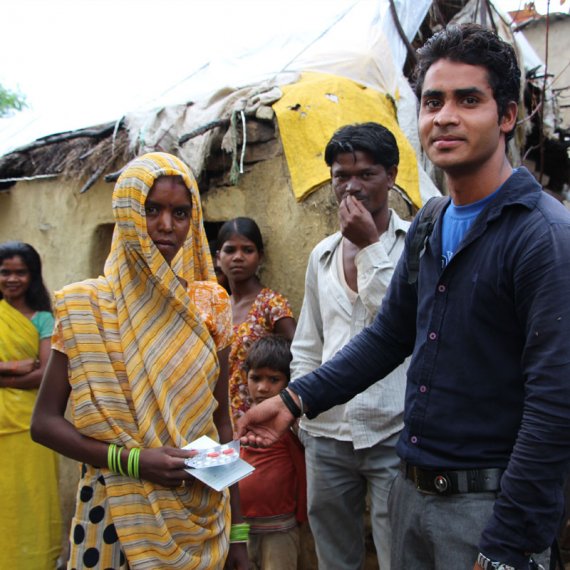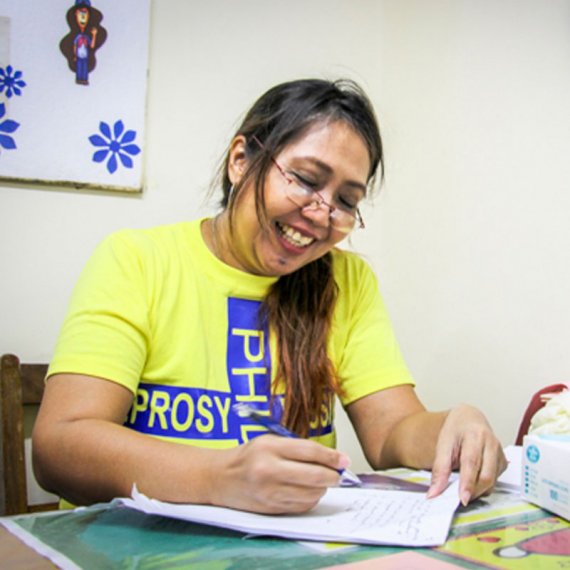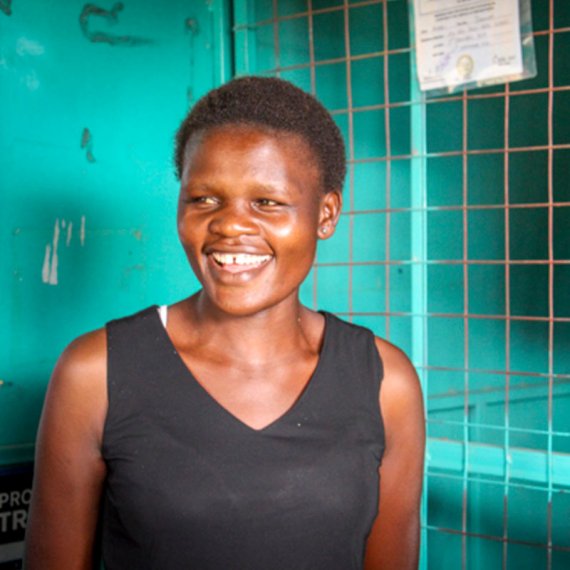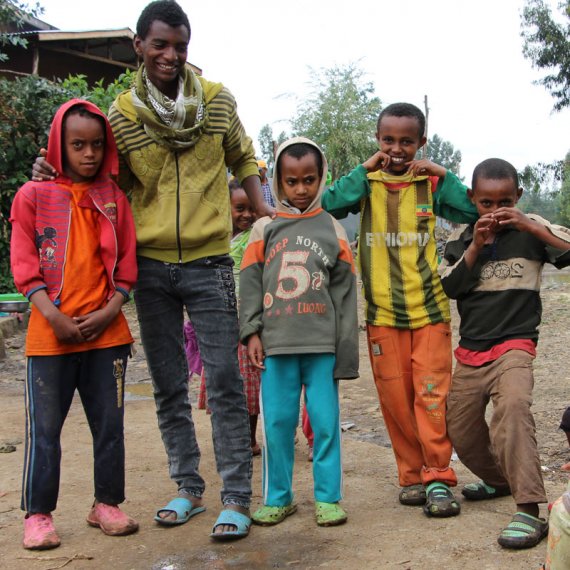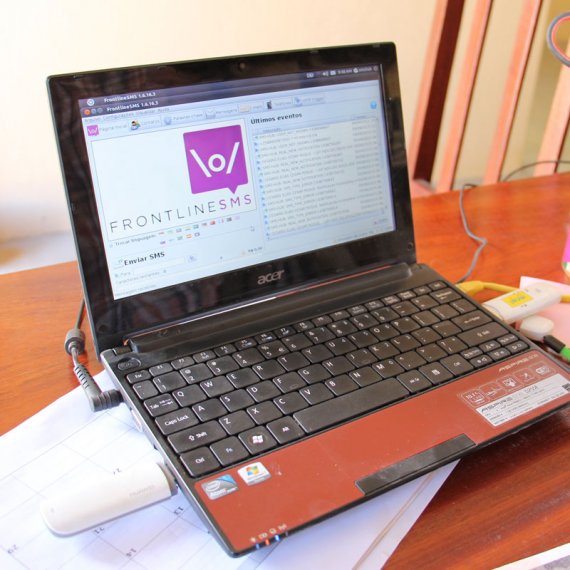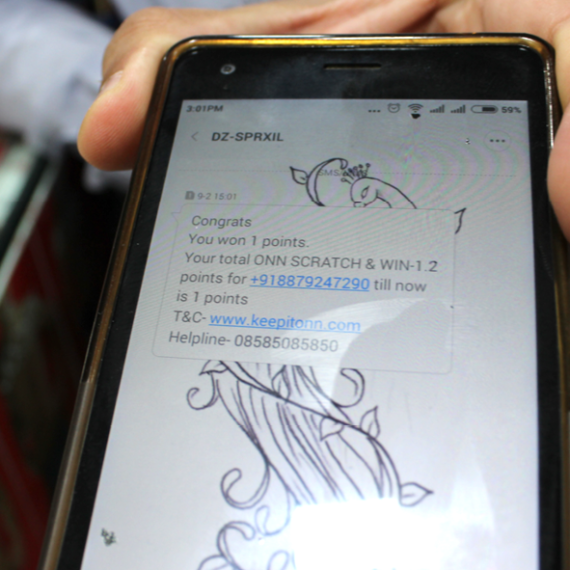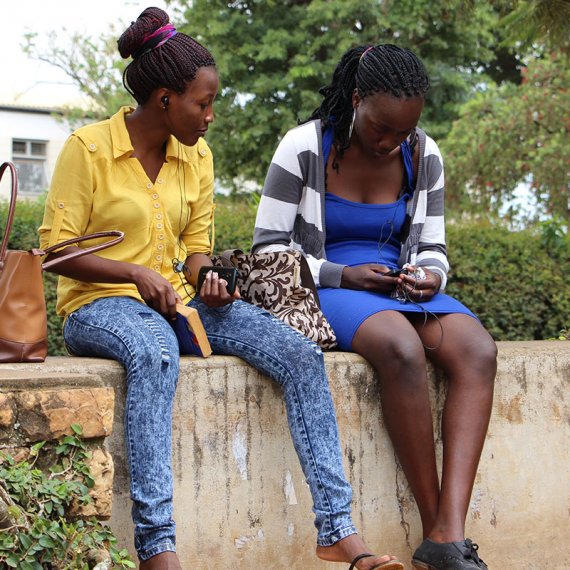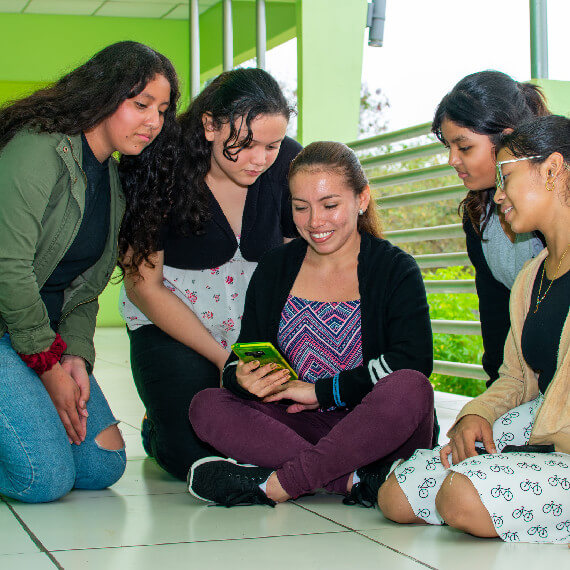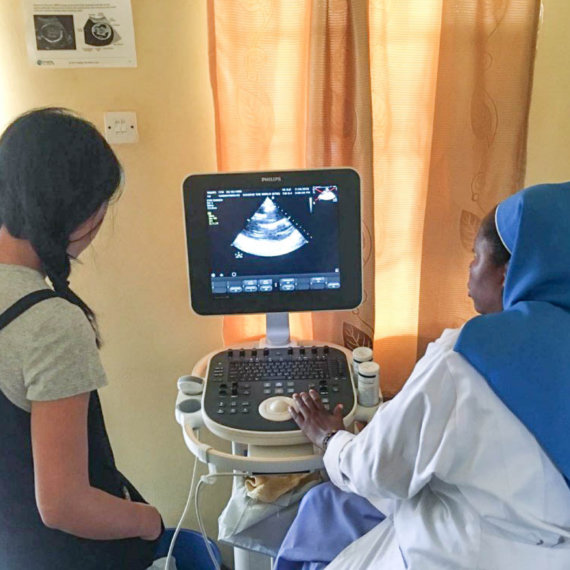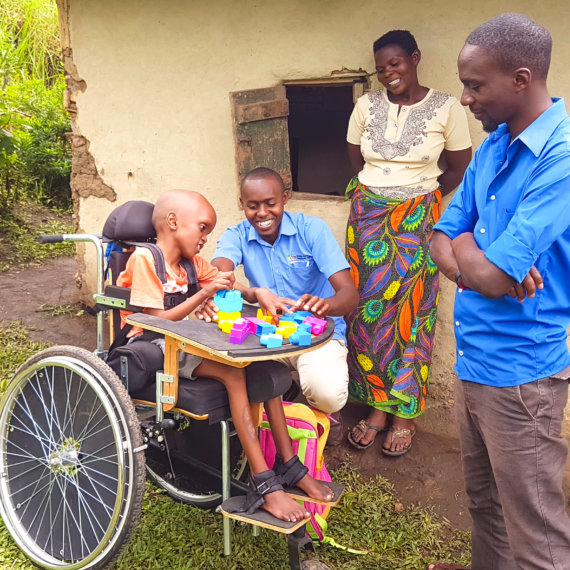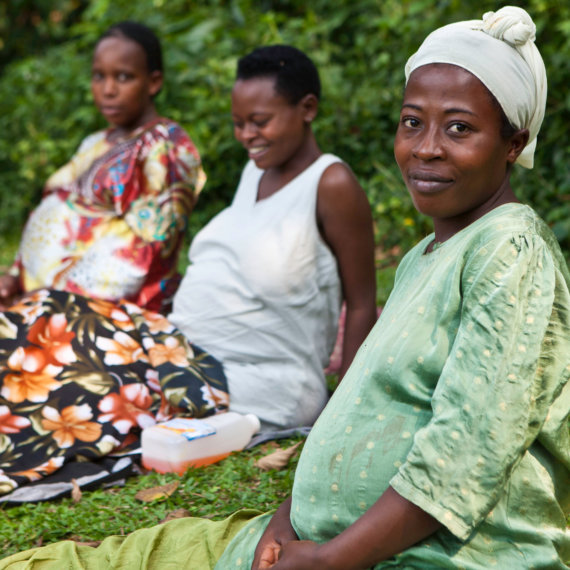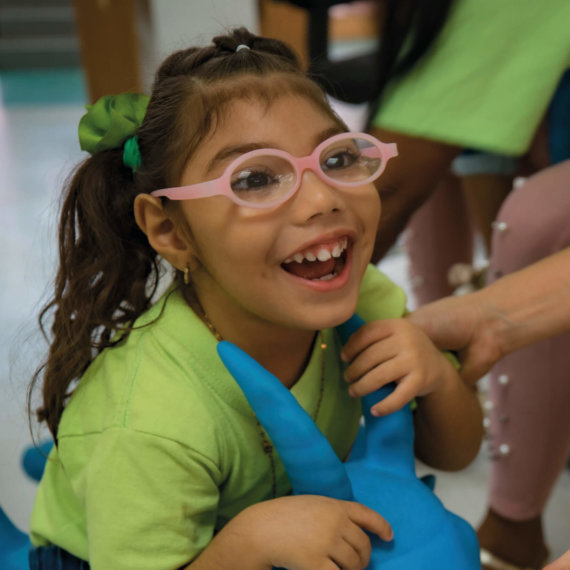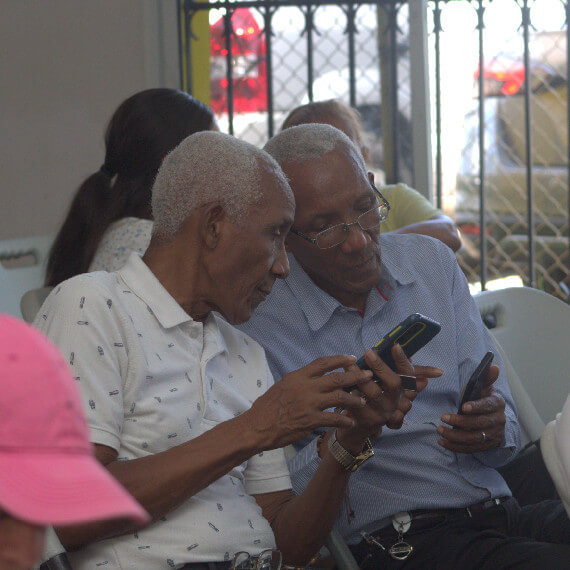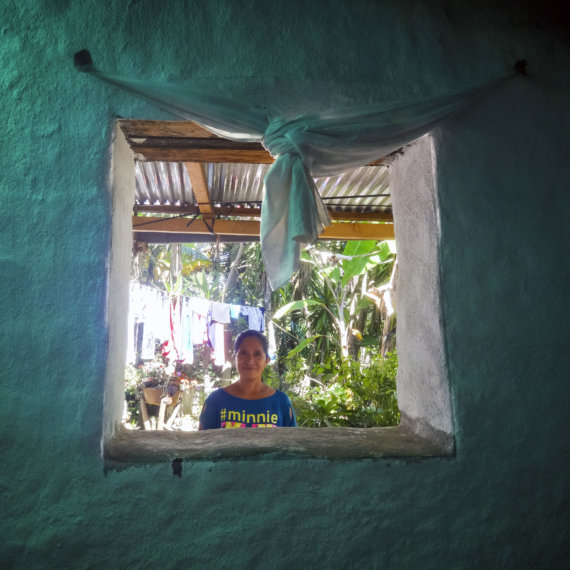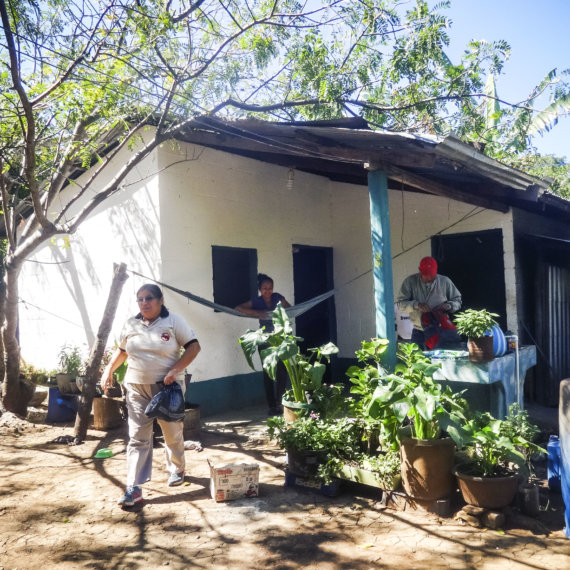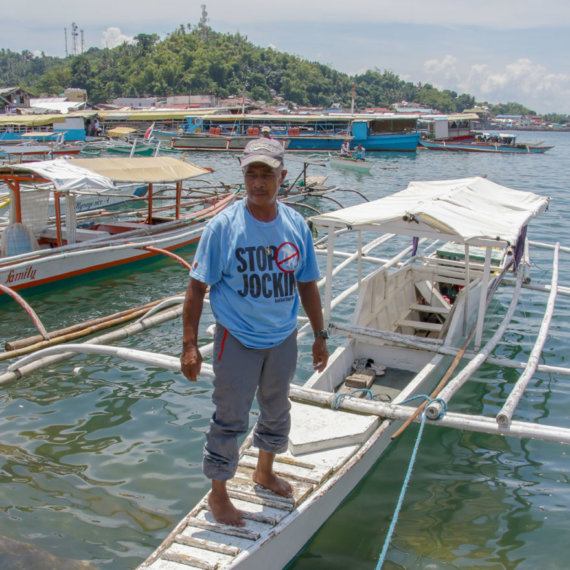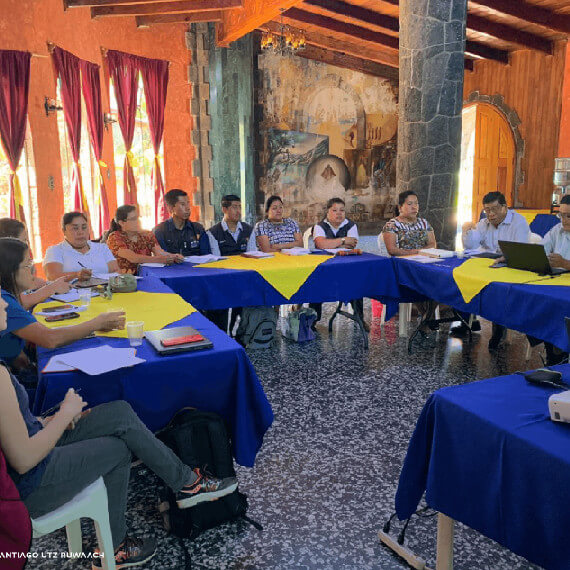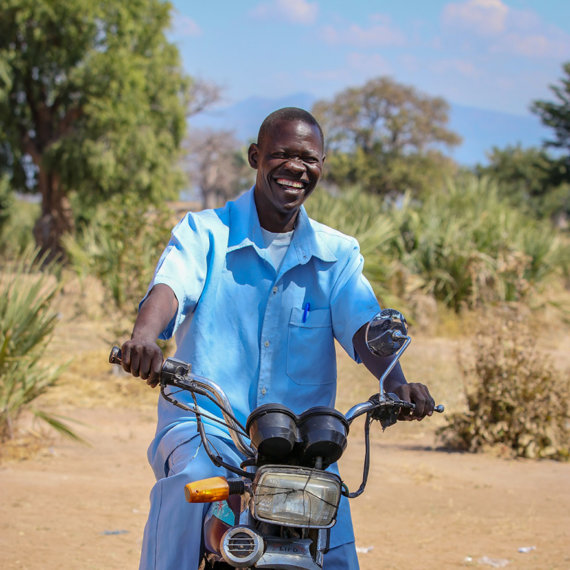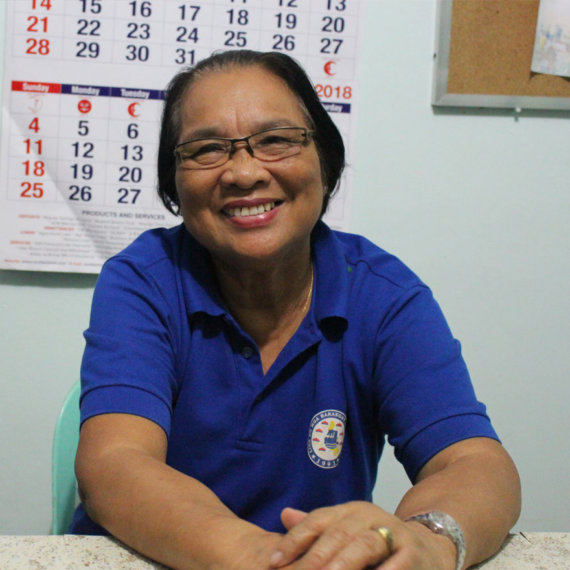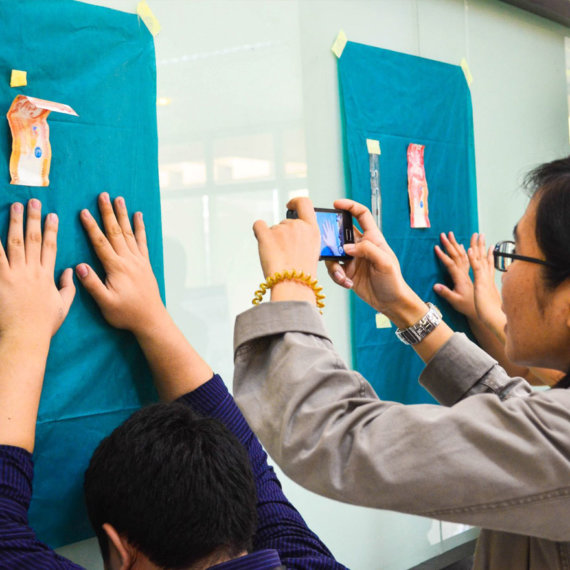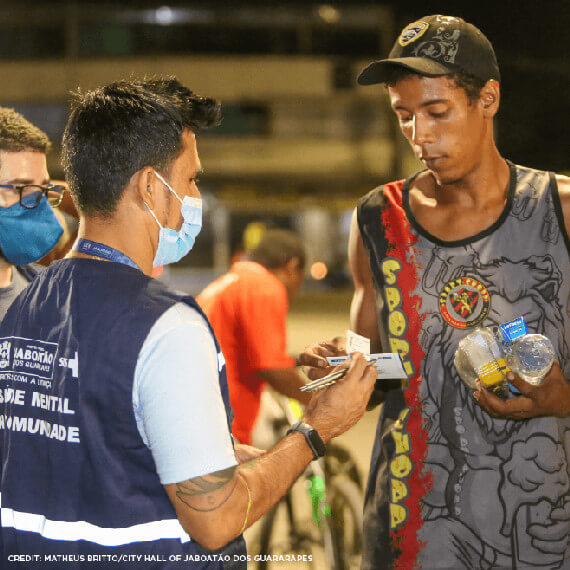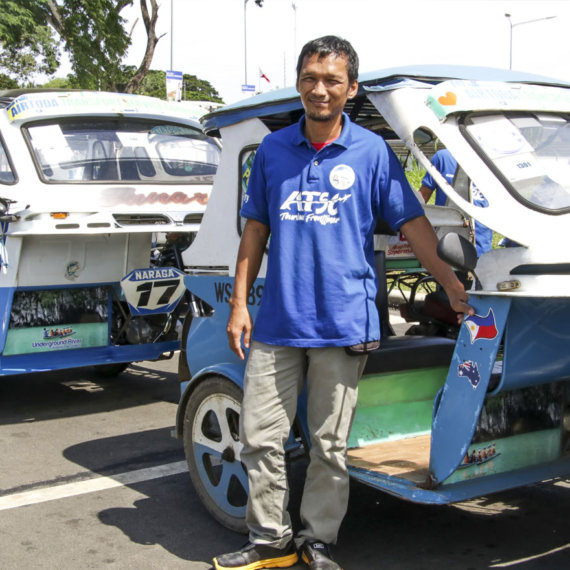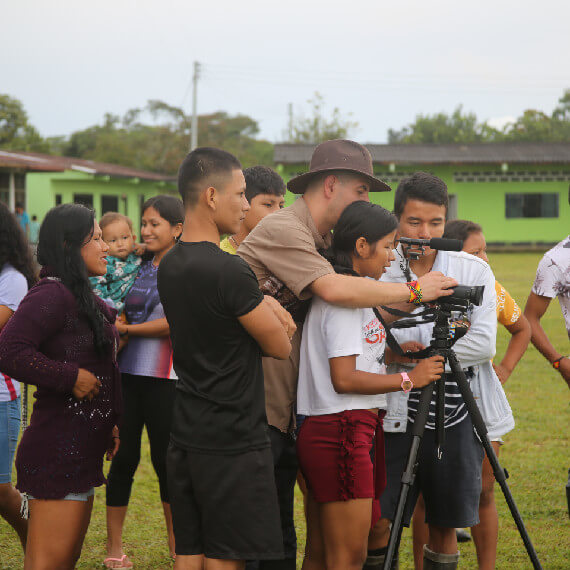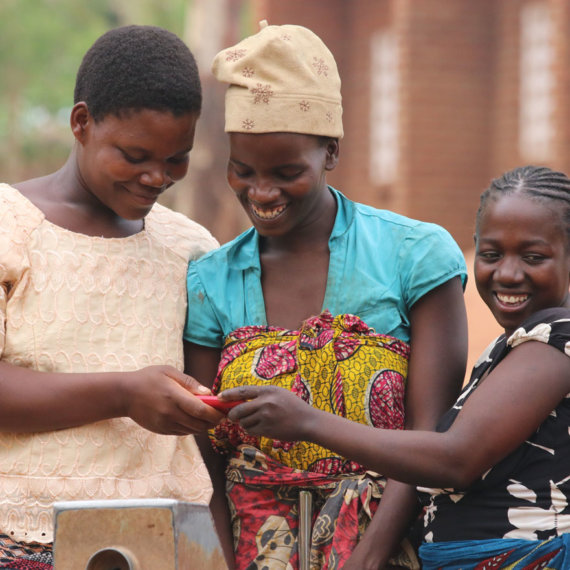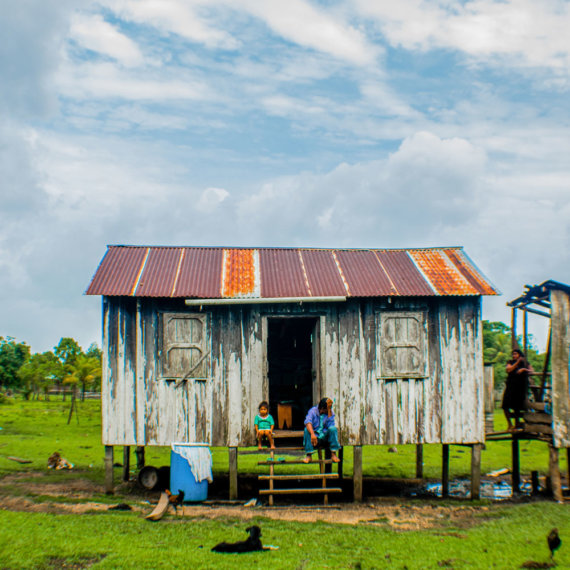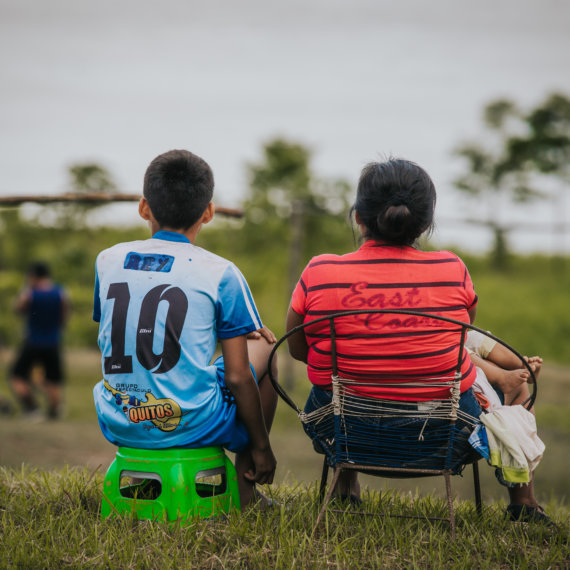THE MEDICAL CONCIERGE GROUP LTD
A Ugandan social enterprise providing free access to health care professionals and health information via existing communication technology platforms in response to changing health-seeking behaviour of key population groups.
CONTINENT
Africa
Country
Uganda
Organizational structure
For-profit, limited liability company
Health focus
Primary healthcare
Areas of interest
Private providers, Digital technology
Health system focus
Service delivery
CHALLENGES
The Medical Concierge Group (TMCG) was developed in response to the opportunities presented with the rise of mobile phone technologies, and the challenges around accessing affordable, convenient, quality health care services. Despite positive health system developments in Uganda, challenges remain in all four dimensions of health care access: availability, geographic accessibility, affordability and acceptability (Penchansky & Thomas, 1981; Jacobs et al., 2012). Out-of-pocket expenditure on health care is 42% (Ministry of Health, Government of Uganda, 2013; Chandler et al., 2013; Xu et al., 2006). Distance to health facilities and associated high transport costs are further barriers affecting health-seeking behaviours. In Uganda, 65% of adults own a cell phone and an additional 15% have access to a smartphone.
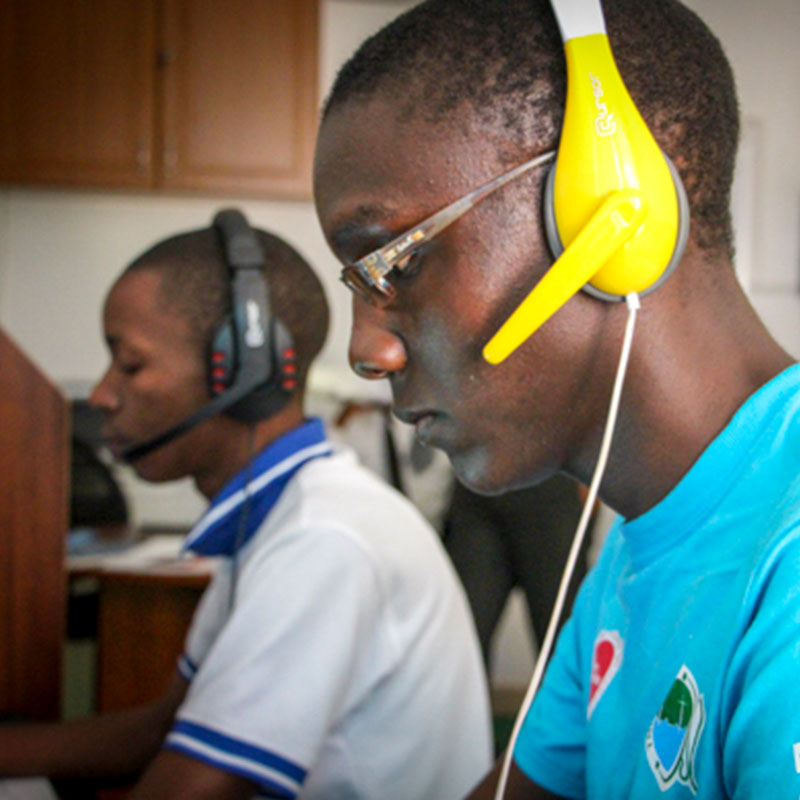
“So I had the choice to make: either to be the best doctor in a broken system, or to actually fix the system so that every other doctor that comes after me has a much better experience of delivering care.”
– Dr Davis Musinguzi, Co-founder, TMCG
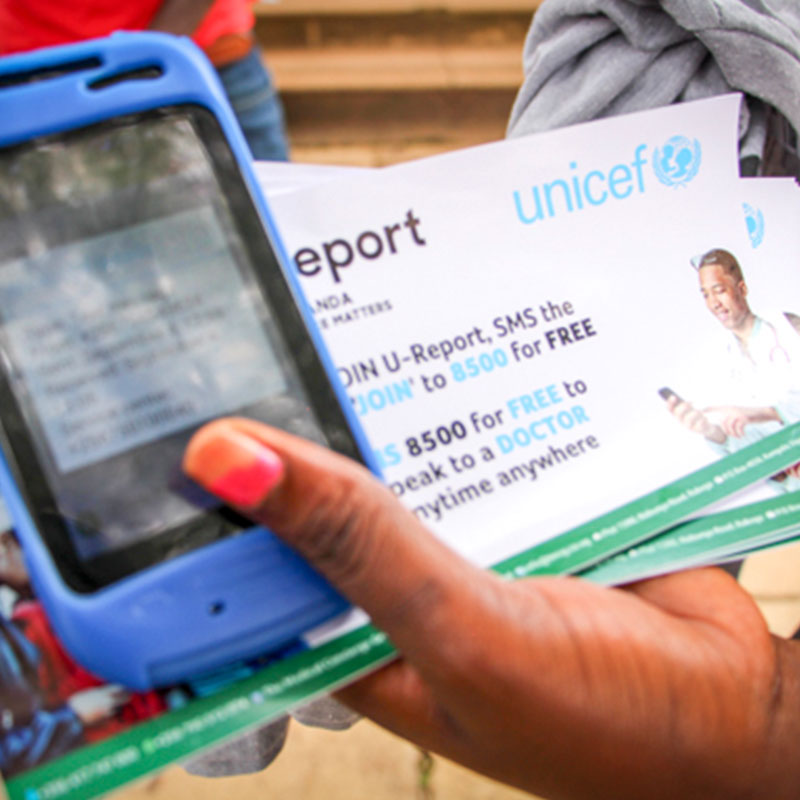
INTERVENTION
TMCG is comprised of diverse health care professionals, including doctors and pharmacists, who work from the TMCG call centre in Kampala. These professionals operate in shifts to respond 24 hours a day, seven days a week to a multitude of incoming questions on health and wellbeing. The primary target beneficiaries for TMCG are Ugandan young adults, between the age of 18 and 35 years who are looking to be empowered with health knowledge and who are asking for new and interactive mechanisms to do so. Users pay standard call rates or data rates to access mobile platforms, but the consultative service with a health professional is free of charge.
“If you look at the Ugandan, East African and generally African demographics, we are young people. We are a young population, and people want modern modes and interesting ways of getting information. It’s no longer enough to say I will give you a health talk when you come to hospital. How can I get it in a more engaging way?”
– Dr Davis Musinguzi, Co-founder, TMCG
For revenue generation, TMCG operates as a service provider for development agencies, health insurance companies and research organizations. Examples include 1) operating as a partner to development agencies who are running health campaigns and require beneficiaries to be supported by on-call medical expertise; 2) providing analytical expertise to identify any disease outbreaks based on incoming requests from different geographical areas; and 3) providing strategic patient engagement initiatives over mobile technology, supporting clients of health insurance companies and health-care providers through automated reminder systems, post-hospitalization follow-up, and satisfaction surveys.
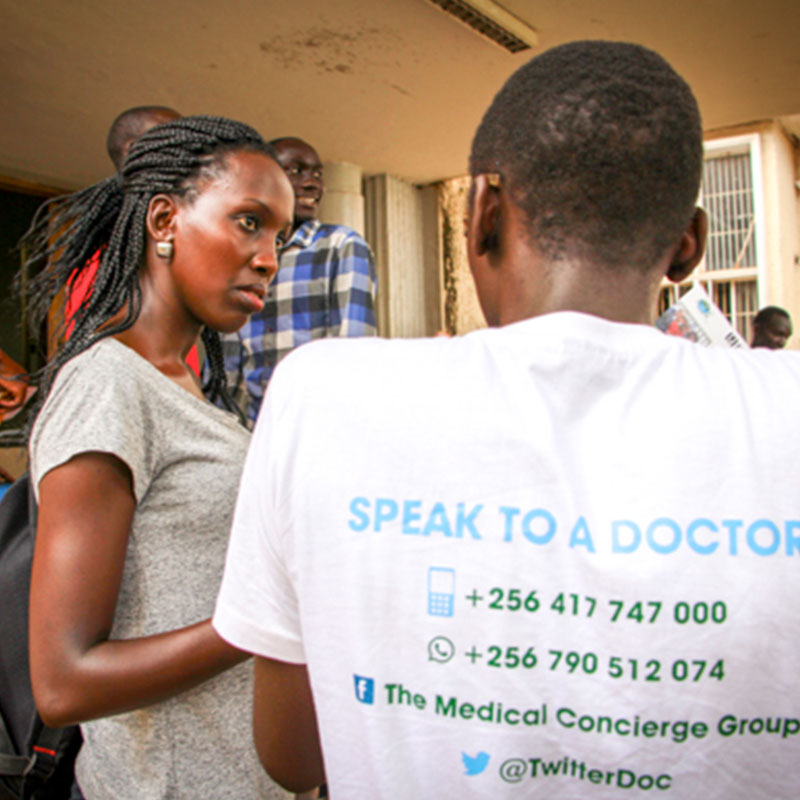
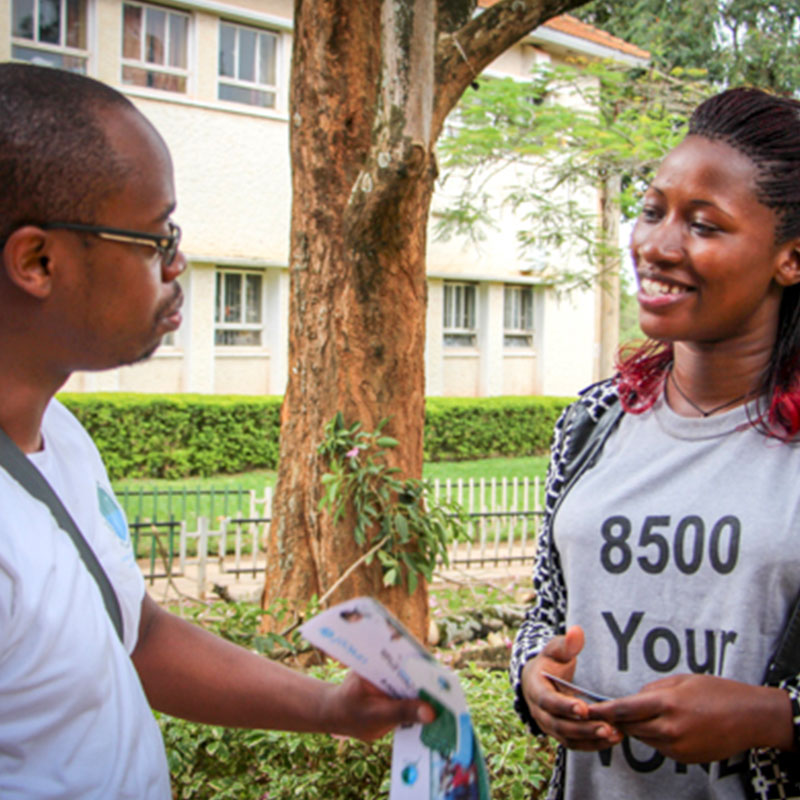
CASE INSIGHTS
The TMCG case study shows how technology is becoming an increasingly viable and affordable option to increase access to health information and provide health care services to low-income communities, while also reducing the burden on public health facilities. This is especially relevant in the context of changing health-seeking behaviour of youth in African countries to favour technology-enabled, on-demand and user-friendly services from health-care providers. It will be important for national regulatory frameworks to start engaging with the advances in technology and the potential impact, both positive and negative, on health care delivery.
“The values that are most important to me are integrity, excellence and ingenuity. More because people have to trust that we will do what we promise to do. That we will keep their information safely; we will keep their interactions private. This has taken several different interventions to make sure of that. Integrity is extremely key; excellence on the services that we deliver the clinical end with the health consultations; and with the data research that we are able to do to innovate towards people’s health.”
– Dr Davis Musinguzi, Co-founder, TMCG
